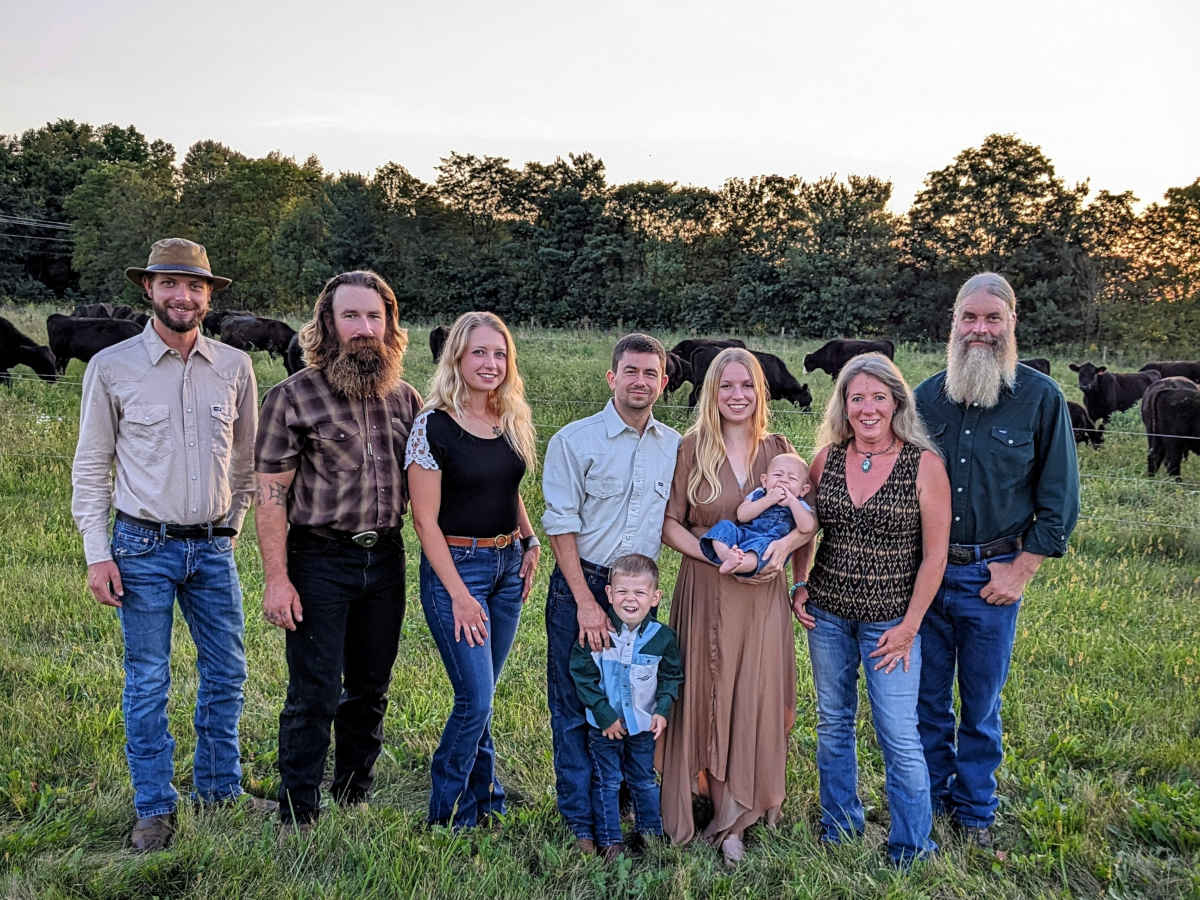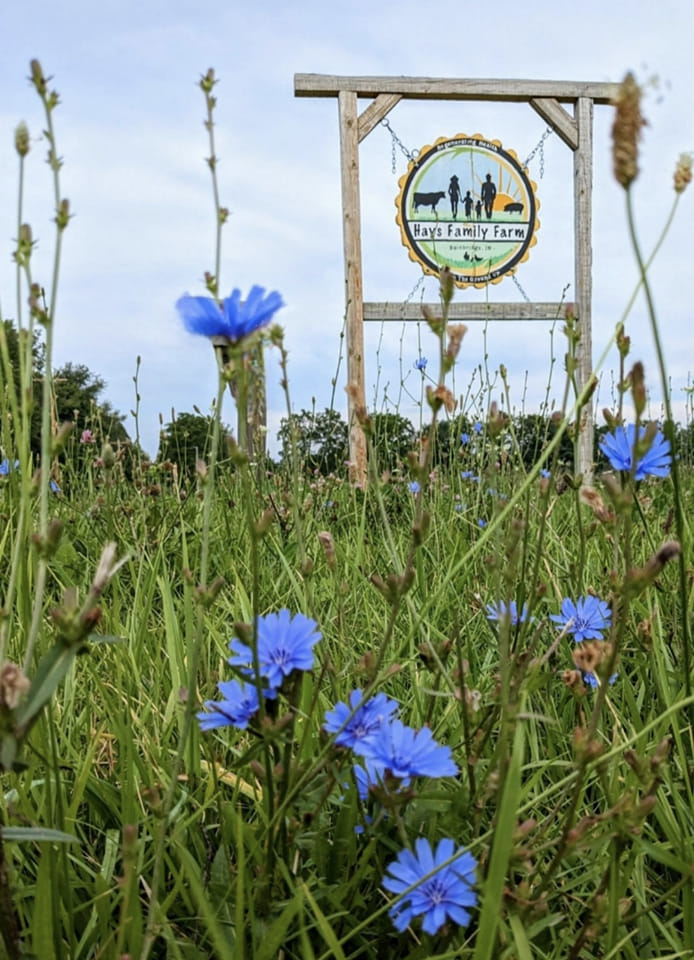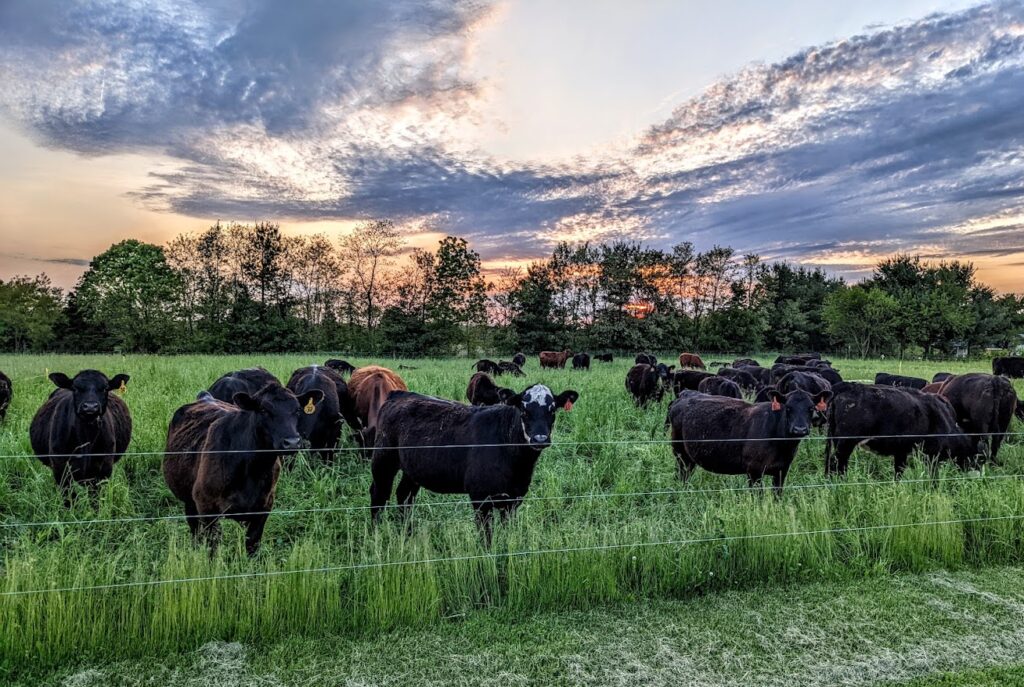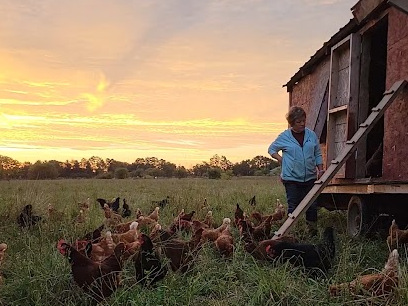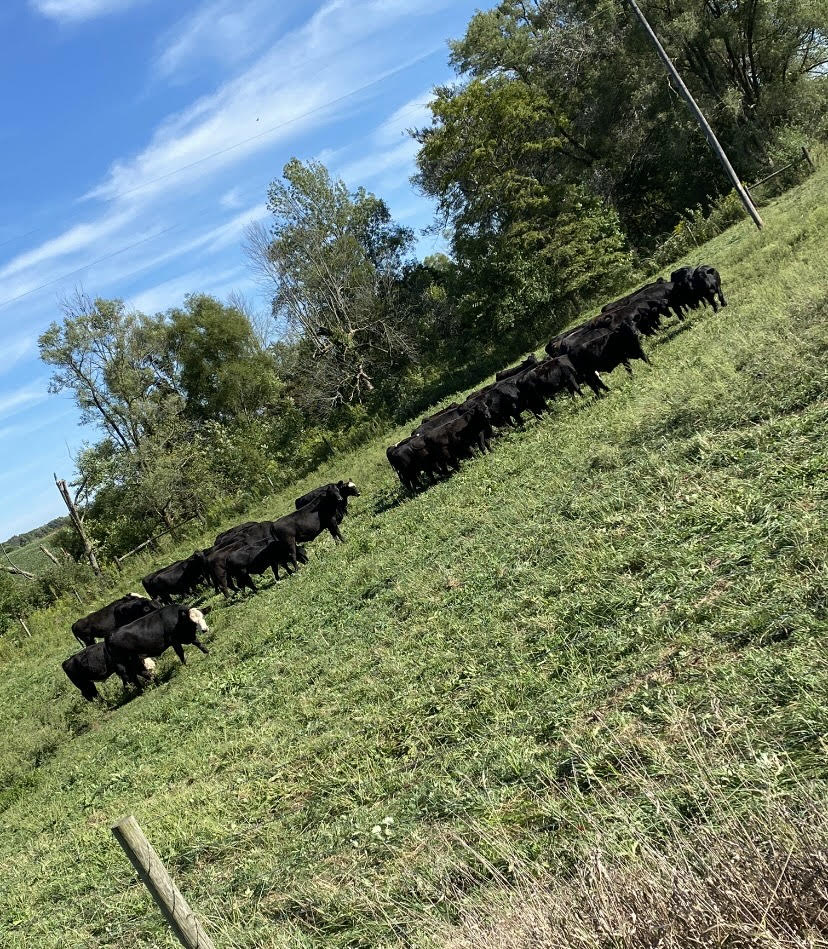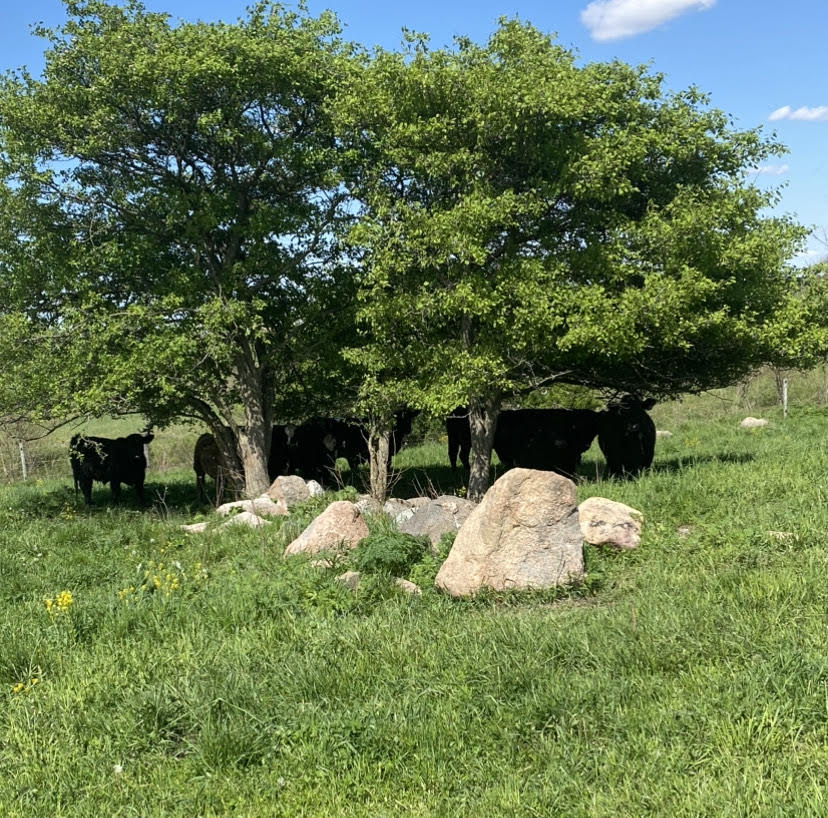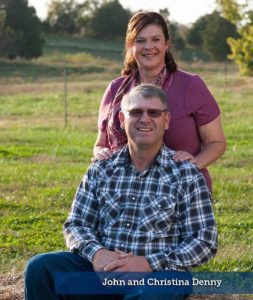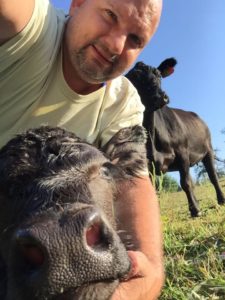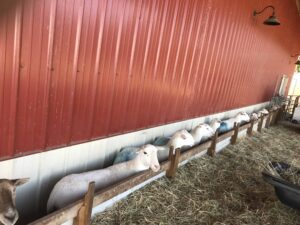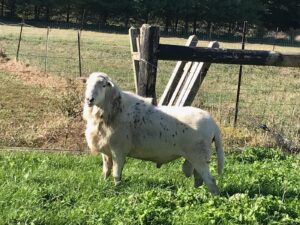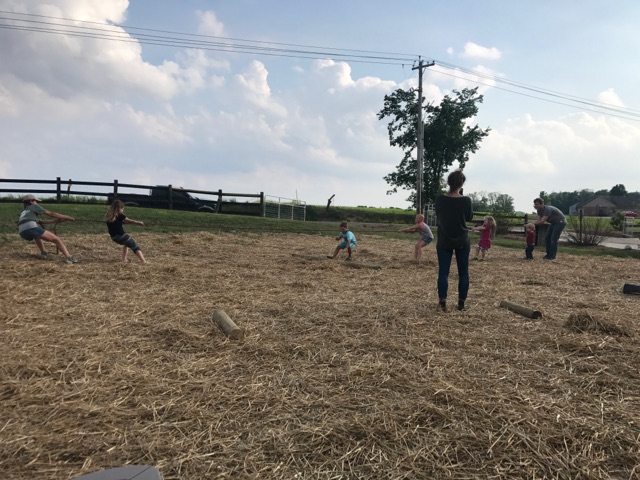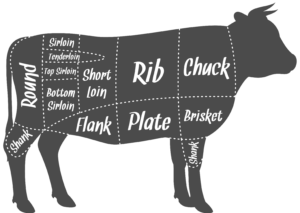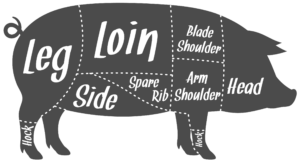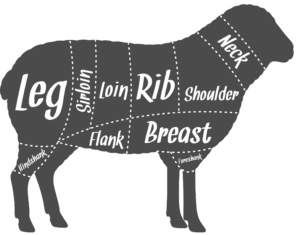This last week Jessica attended the Food Hub Collaboration hosted by the National Good Food Network. The term “food hub” is becoming a popular term in the good foods movement. Though the term may be new, the idea itself has been at play since the agricultural revolution, and is somewhat simply an act of common sense.
A food hub is a place where food is aggregated from several producers and then distributed out to buyers whether they be wholesale or retail. They allow several small farmers to pool their resources to meet the demand of the many buyers. They are necessary if a small farm hopes to be able to compete in the agricultural economy.
Food hubs offer several other benefits outside of simply allowing the farmer to compete in business. They offer huge protection to the buyer in both financial and food safety issues. Suppose buyer is getting their product from one producer, if that producer fails (due to a variety of uncontrollable reasons including weather, disease, etc..) the either loses the product or has to go look for that product somewhere else. By buying through a food hub, the buyer is more greatly insured against a production failure from a small number of producers. In the they help protect against product loss, food hubs help protect against the distribution of harmful substances in a product. Many food hubs practice and additional inspection of the product before distributing it and at the very least, they keep records to allow for traceability to the source of any possible contamination.
Though we may feel that our current food system is safe at first glance, a closer look shows how easy it really would be to cause a national problem. In fact, we see these problems often (the peanut scare in 2009, drought where our lettuce is grown in California and Texas), and yet, we do not address them. By supporting local agriculture, you are supporting a system with several layers of protection for both the producers and the buyers against financial and food safety instability. Rather than having national recalls, we could have issues that could quickly be fixed before leaving a small community. Local agricultural isn’t just the healthiest, or most environmentally sustainable. It’s the safest way to practice agriculture, and it needs to be supported by you, or customer. We thank you all for providing the financial backbone by which this movement may continue progressing forward!
Conner Smith
